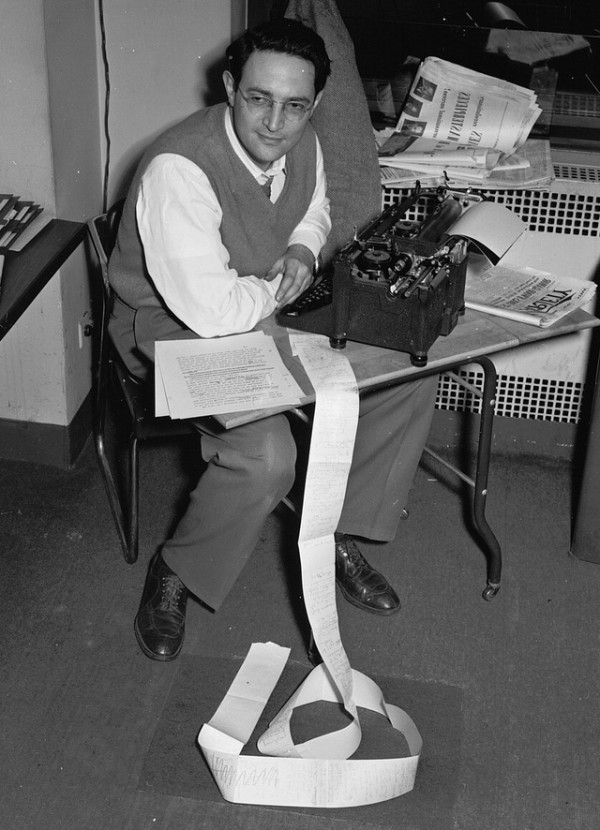Longing for long form
As it gets tougher and tougher for journalists to successfully pitch long-form pieces to traditional publications — without mostly writing them first — other options are opening up.
A not-so-new option for long-form writers is to approach a nonprofit for funding. But even the partnerships between nonprofits and high-profile publications that get work published, as this article points out, are weakening. In the U.S., the Centre for Public Integrity, which used to work with the New York Times and the Wall Street Journal, is going to start publishing long-form pieces on their own site and generating revenue for writers through ads and subscriptions.
Another new way to get lengthy stories published is with Amazon’s Kindle Singles, a platform with the adorably too-long tag line “Compelling Ideas Expressed at Their Natural Length.” It lets writers sell their longer long-form pieces as ebooks. Doing away with the editing, publishing, and promotion parts of the equation means the writer is only one step away from readers and their cash ($2 or $3 per Single). However, given that Amazon’s Kindle Store accept just about anything — there are some notorious examples — writers who don’t have an established readership could get lost in the crowd.And while sales numbers show people love buying books from the Kindle Store, it’s too soon to tell if Kindle Singles will find as eager an audience.
And, finally, a not-yet-available option that’s worth mentioning: Mark Danner and Gerry Marzorati sat down for a conversation at the Berkeley School of Journalism and came up with the idea to create a “hive” for long-form writers — an agency of sorts — that would provide not just a publishing platform, but editing services and representation too. Writers would also use social media to communicate with their existing readers and create new communities.
Marzorati, in talking about the options open to writers online, was optimistic about the future of long form. “Ultimately, what these writers want is the best readership they can have, and if you figure out a way to pull that off, the promise of the Internet is gigantic.”
Photo from The Commons (Flickr).




